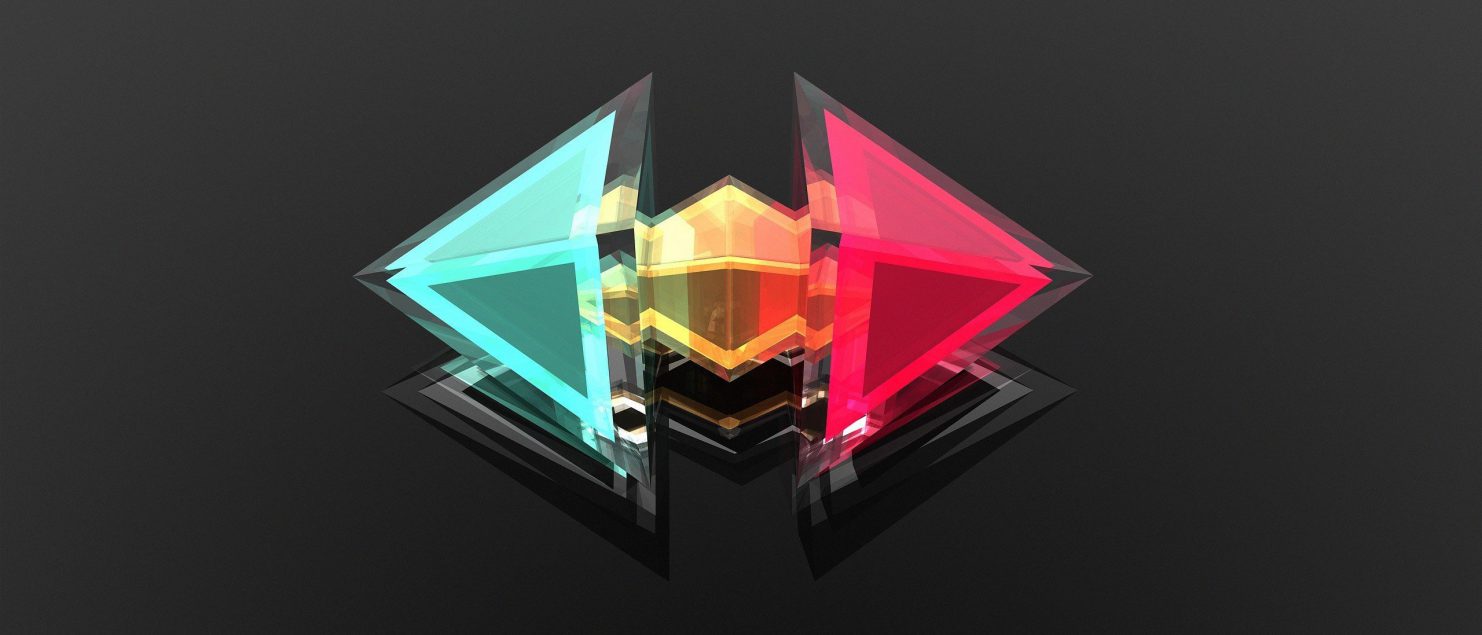Andrzej Marczewski – Gamification User Types Designer
Often you get to meet a professional who has made a considerable personal investment in an area of experience design that you’re passionate about, and there’s an opportunity to glean from them insights over and above all the common knowledge that can be gained from reading, course attendance or sitting in workshops – the stuff that brings out the competitive advantage. We had the opportunity to discuss gamification recently with one of its leading influencers Andrzej Marczewski – an author and the originator of the Gamification User Types (a set of Personas around gameplay). We asked Andrzej some general questions about Gamification and behavioural motivation, as part of our ongoing assessment of how gamification may be able to enhance everyday user experience in some of the projects that we work on.
So let’s jump in…
People often think, perhaps understandably because of the title, that Gamification is somehow just about playing games. Can you (please!) dispel the myth?
Haha, yes that is quite persistent. It is about using what we can learn from games to somehow improve other things. That may be the use of mechanics that we see in games (like leaderboards), or it could be just considering how games handle things like onboarding. Games can play a part in that, but they are by no means “what it is all about”!
Can play really be used to motivate people to do a better job?
Play is an awkward word. Play is disorganised and unrestrained. However, you can use elements of play to motivate. One of the things that really defines play for me is freedom or autonomy. This is a key part of intrinsic motivation and can lead to great creativity. Giving people even the illusion of some level of autonomy can be motivating. Consider the Google 80/20 rule. 20% of employee’s time could be used to follow personal projects. This led to things like Gmail being created! Think of how good it must feel to work for a company that not only values your input but actively encourages you to explore your own ideas and actually supports the implementation of them. There are more aspects of play, but I think that illustrates how the answer is a definite yes!
You can’t persuade people to do things they don’t want to do. At least not for long and certainly not if you want quality over quantity.
What’s a key thing to avoid when gamifying a system?
Relying on rewards. You can’t persuade people to do things they don’t want to do. At least not for long and certainly not if you want quality over quantity.
Is there a point of decreasing returns in a gamified system?
I feel that its impact will lessen over time, definitely. The key is to use gamification to lower the barrier of entry to something and then use it to help people get to a point where they are there for intrinsic reasons. At some stage the “game” has to end and people have to stay because they want to!
Solutions will become bespoke to solve very specific problems, rather than just relying on blanket platforms.
How do you see the relationship between Gamification and User Experience?
I think in the near future, gamification will just be part of good user experience. It has to tie in and be part of the overall experience to work well.
Where’s the first place to start when gamifying?
The first place to start is to question why you are considering it. All too often it is to patch up a system that is broken. “People are not inputting their sales information correctly, we need to gamify it”. Why? If it is because the system is difficult to use, make a better system. If it is because people don’t know how to do it, create a good (gamified) onboarding tutorial. If it is because people do not understand the purpose of it, create learning materials that help people gain that sense of overall purpose. Once you have that, then start to gamify the system as well.
After that, look at who you are gamifying for and make sure that what you are doing benefits them in some way, not just the business objective.
What do you think the future is for gamification?
I think it will just become part of good design. Solutions will become bespoke to solve very specific problems, rather than just relying on blanket platforms. I hope that in the next few years we don’t really talk about it, we just do it where it is needed.
What would you say to businesses looking to gamify some aspect of their business operation? Can there be real ROI through gamification?
How much do you value people? If you value their well-being and their happiness, then the ROI is just that: motivated employees and higher productivity. There are huge numbers you can quote (like HP gamifiying their resellers and increasing revenue by $1bn in 3 months), but I think it is all about ROI in humans. Invest in people and they will invest in you.

